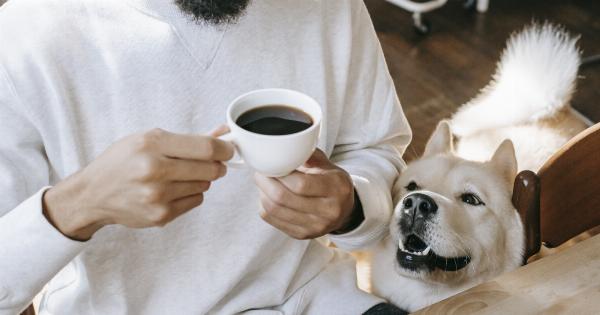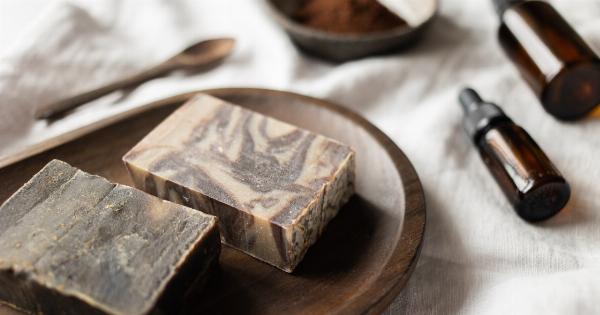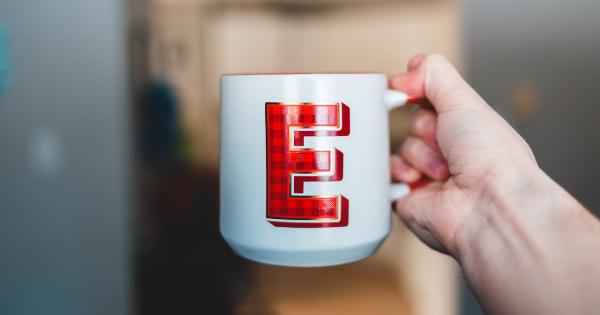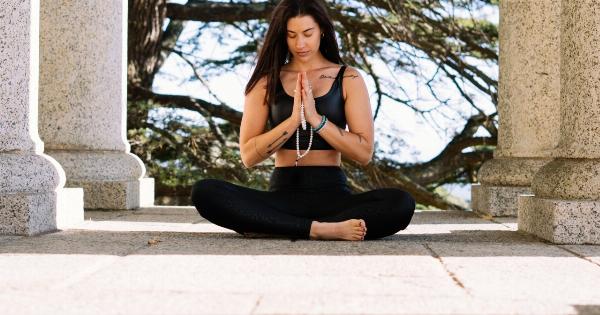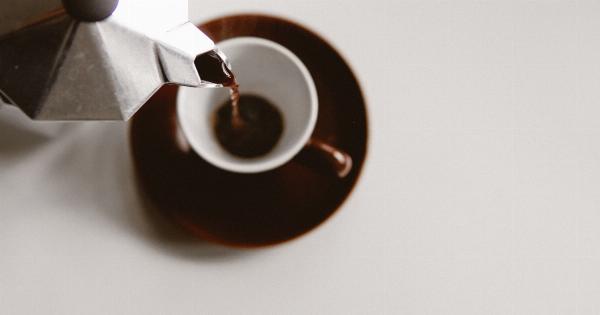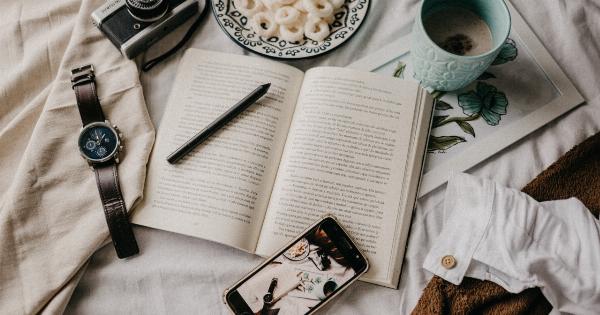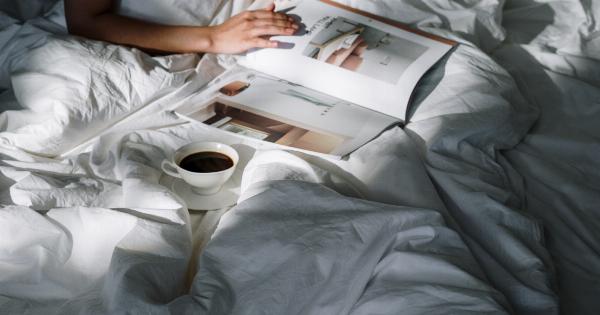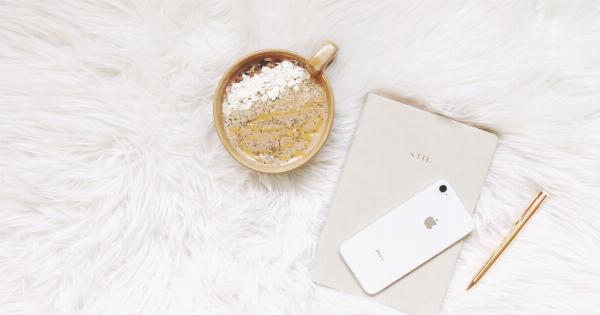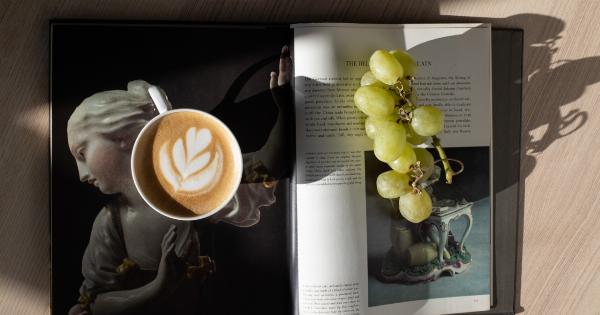For many people, their day doesn’t start until they’ve had their first cup of coffee. There’s a reason why coffee is such a popular beverage — it’s a rich source of caffeine.
Caffeine is a central nervous system stimulant that can improve alertness, concentration, and mood.
But, have you ever wondered when the best time to drink coffee is? Is it better to drink it first thing in the morning or at a later time in the day? Here’s what science says about the optimal time of day to drink coffee.
The Science Behind Coffee
Let’s start by understanding how caffeine works. When you consume caffeine, it blocks the action of a neurotransmitter called adenosine. Adenosine is responsible for making you feel tired and sleepy.
When it’s blocked, your brain produces other neurotransmitters like dopamine and norepinephrine. These neurotransmitters increases alertness and improve mood.
However, caffeine has a half-life of about 6-8 hours. That means that even 6-8 hours after you’ve consumed coffee, half of the caffeine still remains in your bloodstream.
This can lead to disrupting sleep and causing jitters and anxiety in some people, if consumed too late in the day.
Drinking Coffee in the Morning
The most common time to drink coffee is in the morning. This is because cortisol, a hormone that helps you wake up and feel alert, is highest in the morning and decreases throughout the day.
When cortisol levels are high, the body is less likely to be affected by the sleep-inducing effects of adenosine. At this time, caffeine can have a stronger effect on the body, making you feel awake and alert.
Drinking coffee in the morning may also help improve cognitive function like memory and attention. Studies have shown that consuming caffeine in the morning can lead to better performance on tasks requiring attention and recall.
Drinking Coffee in the Afternoon
While drinking coffee in the morning is common, some people prefer to drink their coffee later in the day. Drinking coffee in the afternoon may be benign if you are not sensitive to caffeine or you don’t have trouble sleeping.
However, if you experience any trouble sleeping or anxiety due to caffeine consumption, you should avoid consuming coffee in the afternoon.
The key to consuming coffee in the afternoon is to space out the consumption of coffee around midday. Drinking coffee before 2 PM ensures that there is enough time for the caffeine to wear off and not interfere with your sleep at night.
It’s important to note that the half-life of caffeine varies from person to person and depends on various factors like age, weight, and metabolism.
Conclusion
The optimal time of day to drink coffee is subjective and varies from person to person. If you’re a morning person and prefer drinking coffee in the morning, then go for it.
If you prefer drinking coffee in the afternoon, just ensure it’s before 2 PM and not near bedtime. It’s important to be aware of your caffeine sensitivity and how it affects your sleep and anxiety levels.
Ultimately, drinking coffee can help you be more productive, boost your alertness, and improve your mood.
However, it’s also essential to note that consuming coffee in moderation and at the right time is critical to enjoy its benefits without any detrimental effects.




